‘Forgive us’: Heartfelt notes Hezbollah fighters left behind in south Lebanon homes
By Alireza Akbari
Hours after the much-anticipated announcement of a ceasefire in Lebanon last week, thousands of displaced Lebanese headed back to their villages in southern Lebanon.
Social media was flooded with videos showing the emotional reunions as people hurried back to their roots with joy and relief evident on their faces following the triumph of the resistance.
Many returned holding aloft portraits of martyred Hezbollah leader Sayyed Hassan Nasrallah, flashing victory signs with their hands while others waved yellow-and-green Hezbollah flags, their spirits undeterred by the Israeli aggression that lasted more than two months.
In profoundly moving scenes, some wept profusely over the images of fallen resistance fighters as they made their way home, a testament to their deep connection and loyalty to their heroes.
Upon arrival, many were greeted by heartfelt handwritten letters left behind by Hezbollah resistance fighters, some of them martyred, apologizing for using their residential properties amid the fighting.
These messages, which were circulated widely on social media, stood as a testament to the humanity and resilience embodied by those who bravely fought to defend their homeland from the Zionists.
As these notes circulated, people couldn't help but draw comparisons between these humane gestures and the shameless actions of Israeli forces who destroyed people’s properties in Gaza, the occupied West Bank, and Lebanon and live-streamed their war crimes online.
Displaced refugees return to Lebanon
— Press TV 🔻 (@PressTV) November 29, 2024
Mohammad Mohanna reports from Beirut pic.twitter.com/Nop1jdwmGs
Israeli occupation forces were seen posing with the personal belongings of Palestinians, shamelessly boasting about their war crimes on various social media platforms, including TikTok.
Their deranged behavior extended to acts of desecration, including the violation of Muslim sanctities, indiscriminate fire at civilian homes, and even dressing in women's clothing to create mocking videos.
In light of the destruction wrought by occupying forces in Gaza and Lebanon, many came to appreciate and applaud the humanity shown by Lebanese resistance fighters who demonstrated not only their military prowess but also their deep compassion for their fellow Lebanese.
Journalist Hala Jaber highlighted this moral distinction on X (formerly Twitter), stating that Hezbollah fighters left handwritten notes in the homes of their own countrymen, "whose houses they used, slept in, or took food from, telling them they did so, asking them for forgiveness and thanking them.”
“By contrast, Israel’s most immoral army in the world (IOF) went into Lebanese homes to vandalize, desecrate and destroy…the moral compass between the two sides is incomparable," she wrote.
Tim Anderson, writer, activist, and director of the Centre for Counter Hegemonic Studies, also took to his X page to address the “honor of the resistance” as “a testament to values."
"In a humble home in southern Lebanon, where #Hezbollah fighters once stood to protect the land against the Israeli enemy, they left behind not just memories but a heartfelt letter—a reflection of their noble values and unwavering respect for their people," the Australian activist wrote.
These notes Hezbollah fighters left behind reflected the ethical conduct of fighters during the war.
“To the family of this house, we ask for your forgiveness, we used your house to eat and sleep in,” read one of the notes in Arabic, conveying a sincere apology from the resistance fighters.

“Our dear people, please forgive us for entering your home and taking four cigarettes that were there, as well as some washing detergent,” read another handwritten note.
"Also forgive us for staying inside your home for a while, but without touching or messing with anything. We pray you will return safely to your home, once victory is achieved.”
This message, in particular, encapsulated the compassion, respect, and moral integrity exemplified by Hezbollah resistance fighters even under extremely trying circumstances.
Social media users noted that by openly acknowledging temporary use of someone’s home and explicitly detailing their minimal actions—taking only four cigarettes and some detergent—the resistance fighters demonstrated an extraordinary sense of ethical behavior and personal restraint.

Another note read, “Forgive us for taking some stuff from your home and sleeping in it,” capturing a challenging moment of survival and moral conscience amid the Israeli genocidal aggression.
The Hezbollah resistance fighters conveyed deep respect, humility, and ethics through this letter.

“Peace be upon you and victory from Allah and His blessings,” began another handwritten note.
“Please forgive us for using your home, your water, and kitchen utensils. To clear our liability (debt), we have placed a small amount to seek your forgiveness, in the hope you will return to your home with your heads held high.”
Signed by "Hezbollah" (The men of God), this note embodied deep respect and goodwill from the resistance fighters, expressing gratitude and hope for their return to their homes.

In a similar vein, another note stated, “Peace and mercy of God be on you. We ask for young forgiveness; we took some food and water from this building…”

“In the name of Allah, the Most Gracious, the Most Merciful,” wrote another note left by fighters.
“We thank the owners of this honorable home. You participated in Jihad by this home, in this victory, and you hosted the sons of resistance in this noble home.
"We request your forgiveness and your prayers. Assalamu'alaikum to you, whom martyr leader Sayyed Hassan Nasrallah called— the most honorable people.”

“Assalamu alaikum. We used your home, and we took care to keep this from the enemy. We hope you can forgive us. We used lentils, oil, tissues, eggs, meat, shampoo, and we had to use an electrical SIM and the Quran," read another left found by a family that returned to their home.
"Please contact our brothers in the town to compensate you for what we used,” it added, reflecting the responsibility felt by the resistance fighters and their resolve to return the favor to house owners.

A message conveyed a sincere request for “forgiveness” regarding the items used by the resistance fighters. Also, it concluded with a prayer for the safety of displaced Lebanese as they return home.
“We ask for forgiveness for entering your homes and taking four cigarettes and some washing powder. We also ask for forgiveness for staying in your home for some time without touching or searching for anything. We pray for your safe return to your homes soon after the near victory, by Allah's will.”

“Forgive us. We took items from the home and slept in it,” read another note, signed as “Your sons.”

“We ask for your forgiveness for using your prayer mat and sleeping on it,” stated another handwritten message, which was placed on the prayer mat next to a turbah (sacred clay tablet).

Another heartwarming message placed under a telephone sought “forgiveness” from the house owner for using their home, water, and kitchen supplies.
“We have left a small amount of money. This is for the sake of seeking forgiveness, hoping that you will return to your homes with your heads held high.”

Another handwritten note left by Hezbollah resistance fighters addressed “the owners of the home,” stating, “We ask for your forgiveness for using your home to eat and sleep.”

A note, stained with drops of blood, read, “Forgive us, for we had to transfer one of the wounded to your home. The blood present on the floor is his, and he has been martyred in this blessed home.”

Social media users drew parallels between the compassion expressed by Hezbollah fighters and the shameless actions of Israeli soldiers in the homes they occupied and destroyed in Gaza and Lebanon.
"One side apologizes for using people’s homes and thanks them and pays for any food consumed and the other side takes delight in destroying children’s toys, women’s clothes, and stealing and burning what they can’t take," stated an X user by the name of Ejlaluna.
"The West asks us to condemn the former.”
One side apologises for using peoples homes and thanks them and pays for any food consumed and the other side takes delight in destroying children's toys, women's clothes and steal and burn what they can't take
— Ejlaluna (@ejlaluna) November 28, 2024
The west asks us to condemn the former 🤔https://t.co/2YcrBmJk4m
Investigative reporter Seth Harp also weighed in on this contrast, highlighting the actions of Israeli soldiers who dressed in the clothing of Palestinian women, calling the behavior “sick and twisted.”
“I’ve been in four wars, as a soldier or reporter, and seen a lot of atrocities and abuses. But dressing up in the clothes of the women and girls you’ve killed or displaced is a sick and twisted practice wholly unique to the murderous perverts of the Israeli army," he stated.
I’ve been in four wars, as a soldier or reporter, and seen a lot of atrocities and abuses. But dressing up in the clothes of the women and girls you’ve killed or displaced is a sick and twisted practice wholly unique to the murderous perverts of the Israeli army. https://t.co/uAiJ4Gbciq
— Seth Harp (@sethharpesq) October 31, 2024
Since October last year, reports have emerged of Israeli soldiers filming themselves indiscriminately shooting and detonating explosives at Palestinian homes and setting fire to public spaces in Gaza.
Activists have described this conduct as emblematic of the inhumane behavior exhibited by Israeli regime forces, who destroyed personal belongings and shared the footage on social media platforms.

In a shocking display of impunity, some Israeli soldiers even filmed themselves crafting explosives intended for detonation in homes throughout the besieged Palestinian territory.

As an indication of utmost moral degradation, some even donned Palestinian women's clothing and filmed themselves mocking those displaced by the ongoing Israeli genocidal campaign in Gaza.

In many instances, Israeli occupation forces filmed themselves vandalizing and damaging Palestinian public property, leaving behind a palpable sense of hatred.

The Israeli genocidal forces also violated religious sanctities in the Gaza Strip, repurposing religious sites for military purposes and using mosques as sniper positions against Palestinian civilians.

Israeli forces also committed acts of blasphemy by placing Jewish mezuzahs in Palestinian homes.

The Israeli war crimes extended to the vandalism of Palestinian properties, with soldiers spray-painting walls and committing other forms of destruction.

In addition to the destruction of private property, Israeli soldiers have boasted about their assaults on buildings and schools belonging to the United Nations Relief and Works Agency for Palestine Refugees in the Near East (UNRWA) in the Gaza Strip and occupied West Bank.

The inhumane actions of Israeli soldiers have extended to sacred Islamic beliefs as well. Photos circulating online have shown regime soldiers desecrating flags bearing sacred inscriptions.

Israeli soldiers have continued their pattern of humiliating acts against Palestinians, as evidenced by a recently released photo showing two Israeli female soldiers posing with a half-naked Palestinian youth.
The image sparked widespread discussion on social media, with users drawing comparisons to the infamous photos from Abu Ghraib, where US forces indulged in worst human rights abuses.

In addition to these degrading acts, Israeli soldiers have intentionally set fire to civilian belongings in both Gaza and Beirut amid ongoing aggression in the region.
These actions have been described as war crimes under international law, particularly violations of the Geneva Conventions and customary international humanitarian law.

These behaviors fall under the unlawful destruction or seizure of civilian property without military necessity, which is strictly prohibited.
They also encompass acts of pillage, involving the looting or intentional destruction of civilian belongings, and the targeting of civilians, which violates the principle of distinction—requiring combatants to differentiate between military and civilian objects.
President Deby: French troops will leave Chad by end of January
Toxic waste removed from India's 1984 Bhopal gas tragedy site
Gaza police chief, deputy killed in airstrike on humanitarian zone
South Korea's Yoon vows to ‘fight until end’ despite facing arrest
Alawites targeted as HTS militants launch crackdown on Homs
VIDEO | Press TV's news headlines
Putin orders government, top bank to develop AI cooperation with China
Martyr Soleimani is beacon of inspiration for freedom seekers worldwide: Official


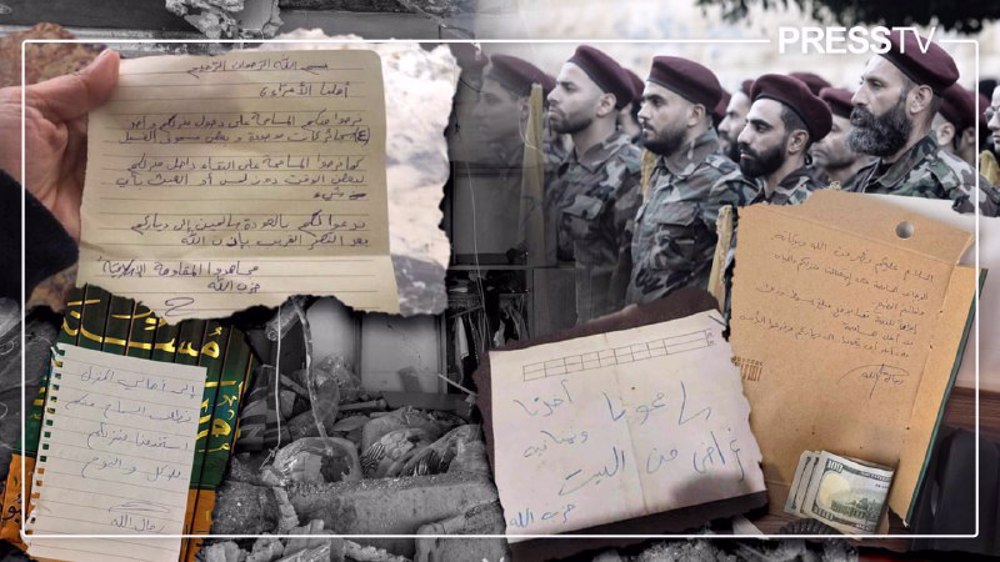

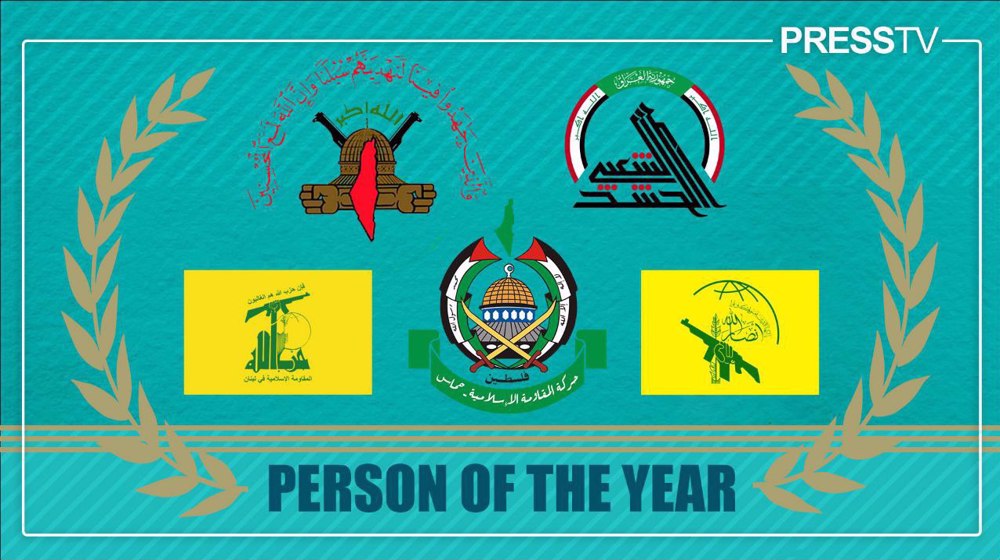




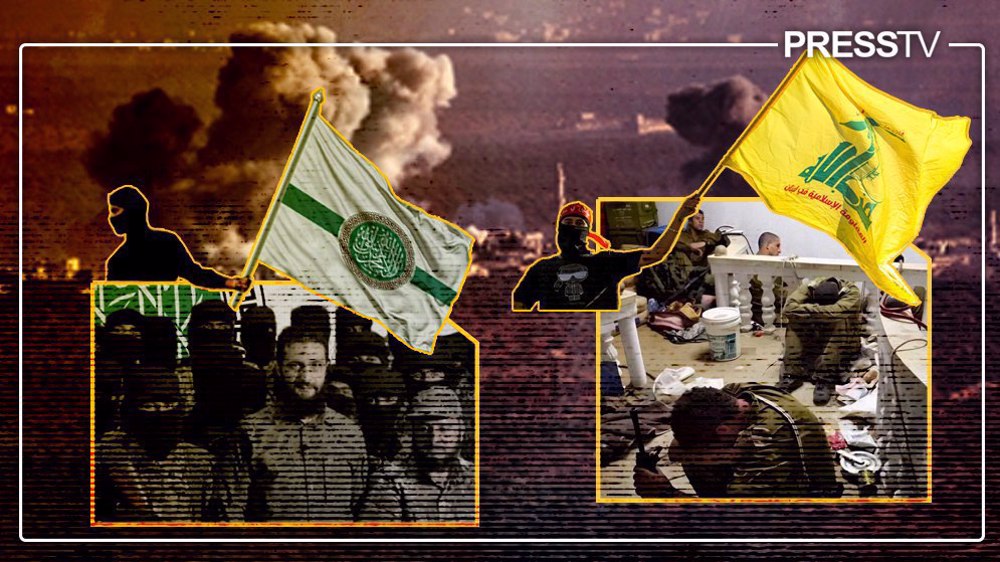
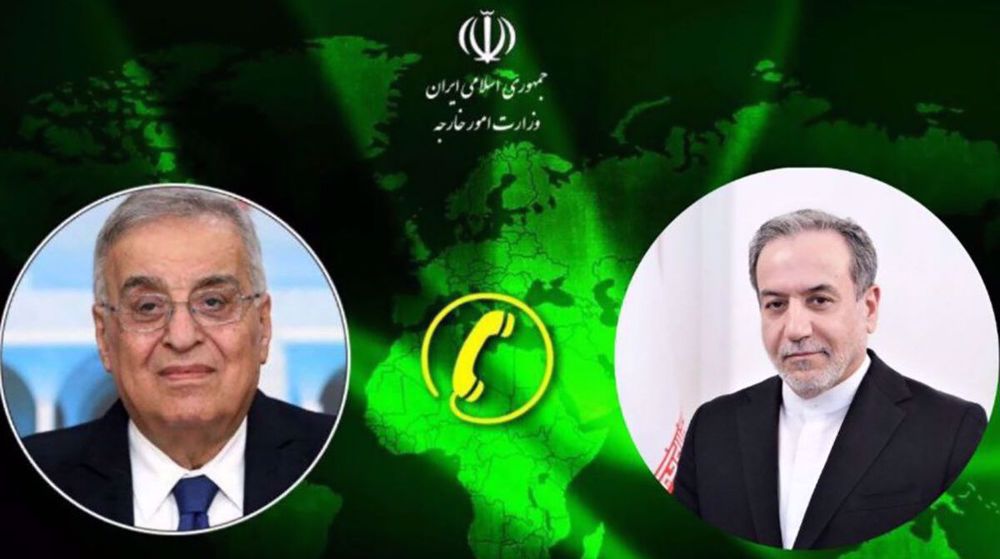
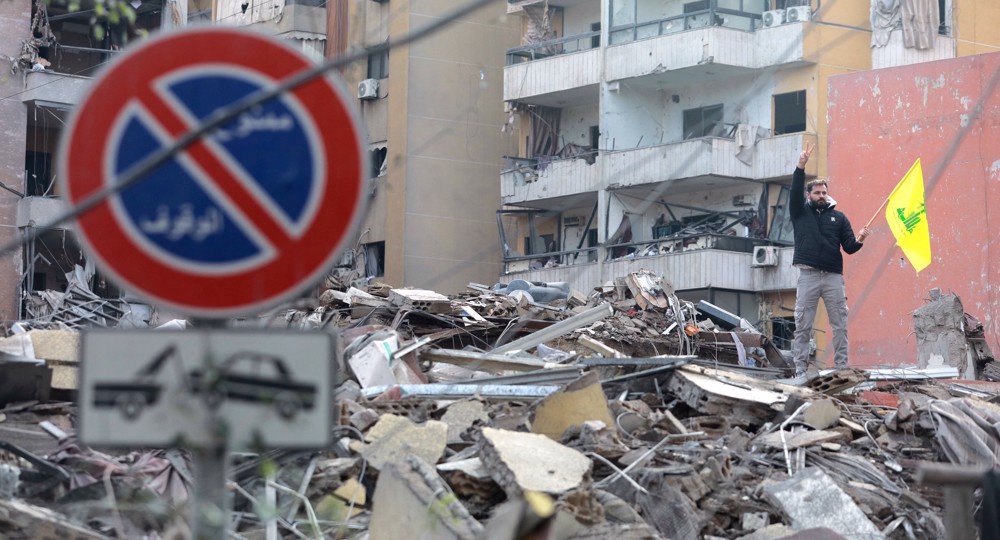
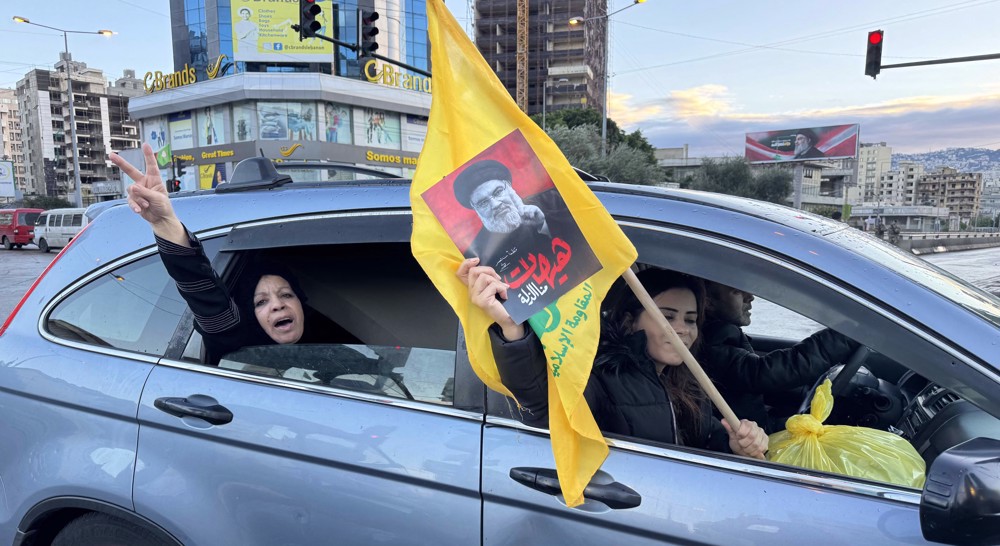
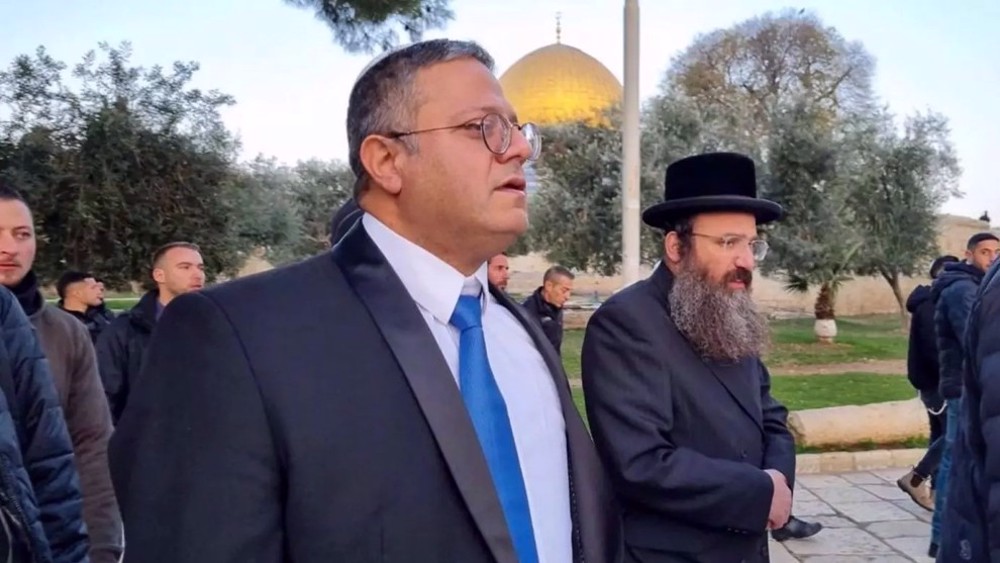

 This makes it easy to access the Press TV website
This makes it easy to access the Press TV website